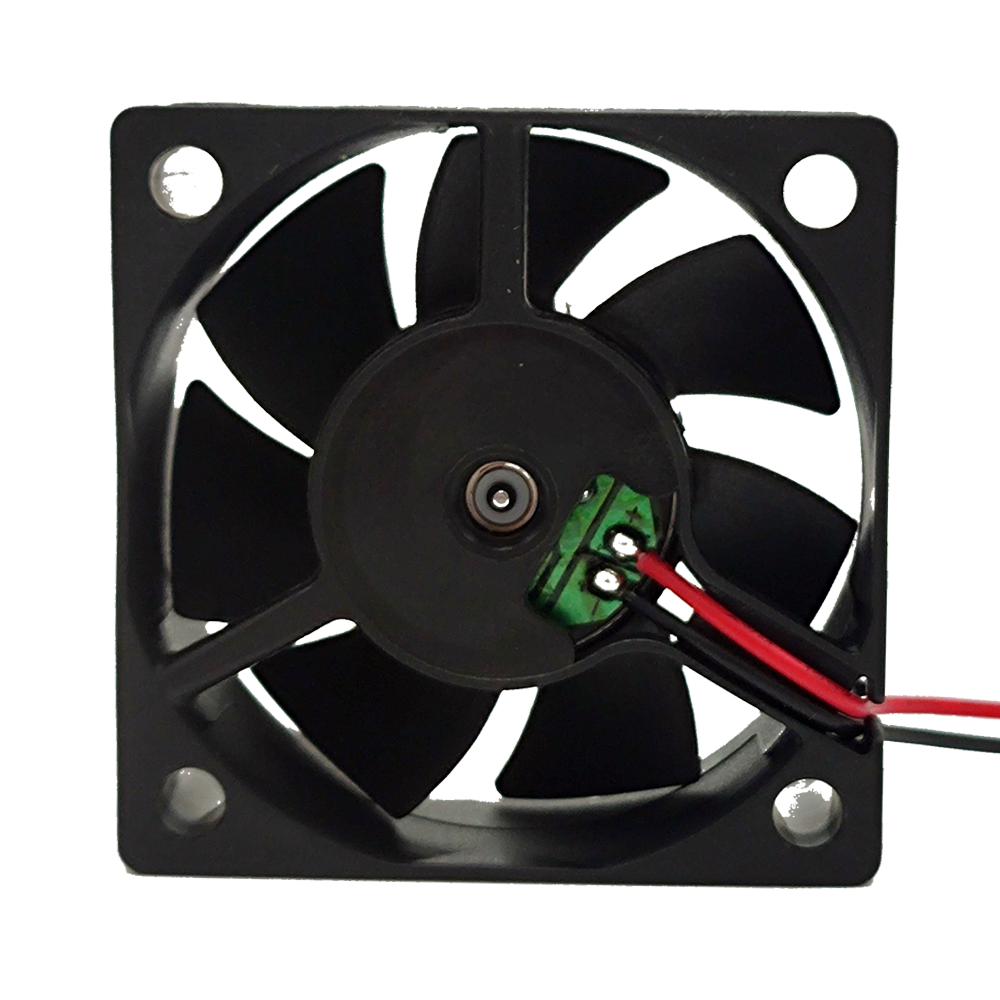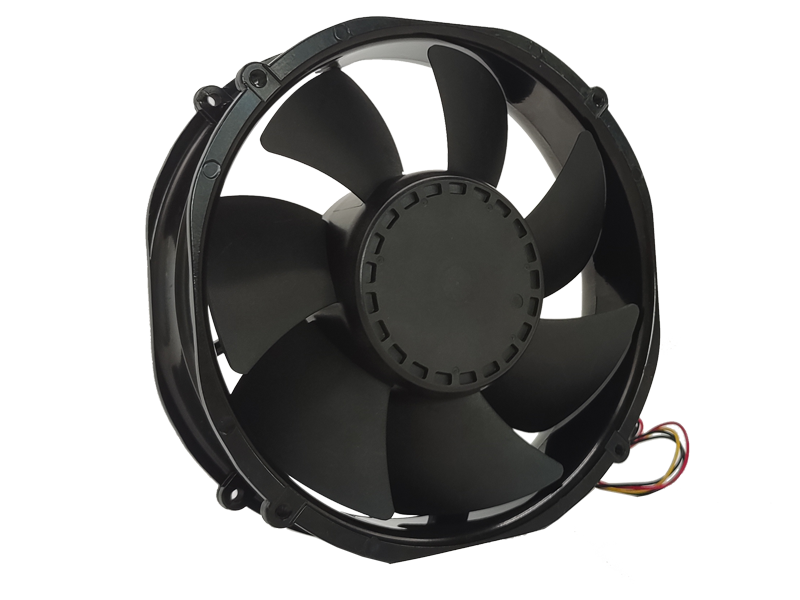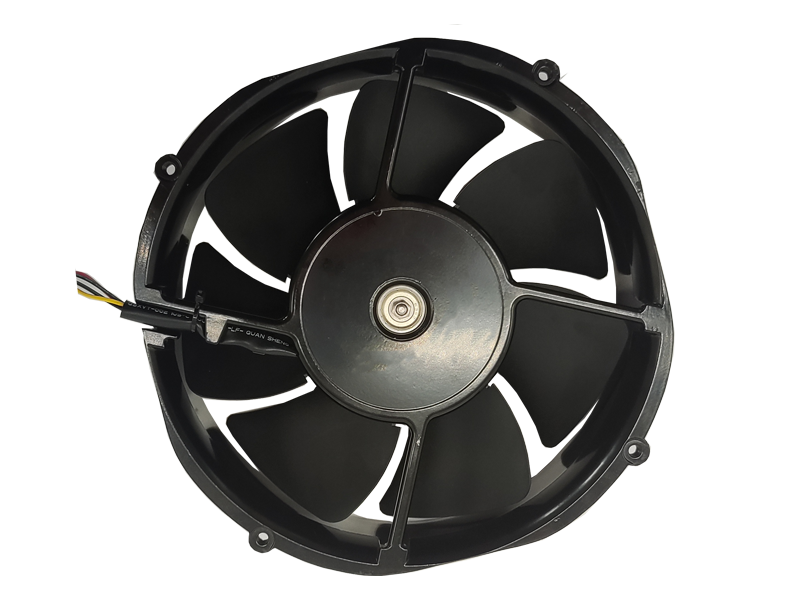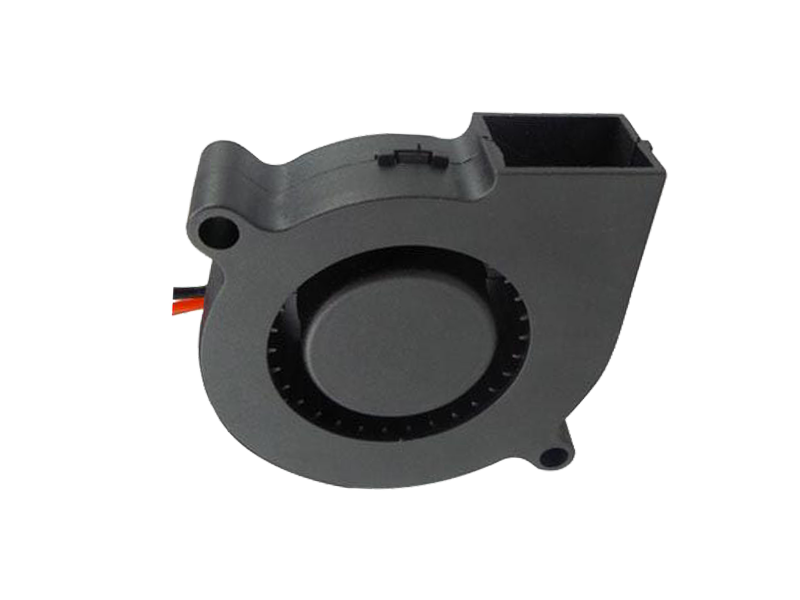Introduction
Industrial fans are the unsung heroes of modern manufacturing, logistics, and energy sectors. Unlike their consumer-grade counterparts, these robust machines operate in extreme conditions—enduring high temperatures, corrosive atmospheres, and continuous use. From ventilating mining tunnels to cooling massive data centers, industrial fans must balance raw power with precision engineering. This article explores how product designers are redefining industrial fans through advanced materials, smart controls, and modular architectures to meet the evolving demands of heavy industries.
1. Material Science: Building for Extremes
Industrial fans face challenges far beyond typical cooling tasks. In steel mills, temperatures can exceed 1,200°C, while offshore platforms battle saltwater corrosion. Product engineers are leveraging cutting-edge materials to ensure reliability:
Ceramic-Coated Blades: Used in foundries, ceramic coatings reduce thermal expansion by 40%, preventing blade warping at 800°C.
Corrosion-Resistant Alloys: Nickel-chromium-molybdenum alloys (e.g., Hastelloy) in chemical plants resist acidic vapors, extending fan lifespan to 20+ years.
Composite Frames: Carbon-fiber-reinforced polymers (CFRP) reduce weight by 60% compared to steel, critical for ceiling-mounted fans in warehouses.
A case study from a European automotive plant shows how switching to CFRP fans reduced energy consumption by 32% while doubling airflow capacity.
2. Aerodynamic Innovation: Beyond "Bigger is Better"
Traditional industrial fans relied on brute force, but modern designs prioritize efficiency. Computational fluid dynamics (CFD) simulations enable:
Blade Optimization: Curved, tapered blades mimic whale fins, reducing turbulence and noise by 15 dB.
Variable Pitch Axial Fans: Adjustable blade angles allow a single fan to handle airflow demands from 10,000 to 50,000 CFM, replacing multiple fixed-pitch models.
Jet Impingement Systems: Used in electronics manufacturing, these fans direct concentrated airflow to cool specific components 3× faster than conventional designs.
3. Smart Controls: From Reactive to Predictive
The integration of IoT and AI transforms industrial fans into intelligent systems:

Vibration Sensors: Detect imbalance or bearing wear early, triggering maintenance alerts before failures occur.
AI-Powered Load Matching: Machine learning algorithms adjust fan speed based on real-time temperature data, reducing energy use by 25–40%.
Cloud-Based Fleet Management: A global mining company now monitors 5,000+ fans via a single dashboard, cutting downtime by 50%.
4. Sustainability: The Hidden ROI
Energy efficiency isn’t just eco-friendly—it’s a financial imperative. A 50 HP industrial fan operating 24/7 consumes $40,000+ in electricity annually. Innovations like:
Permanent Magnet Motors: 95% efficiency vs. 80% for traditional induction motors.
Regenerative Braking: Captures kinetic energy during shutdowns, feeding it back to the grid.
Solar-Powered DC Fans: Used in remote agricultural facilities, these cut reliance on diesel generators.
Conclusion
The future of industrial fans lies in their ability to merge ruggedness with intelligence. As industries demand greener, more efficient solutions, product designers must continue pushing boundaries—whether through self-healing materials, autonomous diagnostics, or carbon-neutral manufacturing. The industrial fan is no longer just a cooling device; it’s a critical component in the quest for sustainable industrialization.
Recommended Products

The main purpose:Car charging station

The main purpose:Car charging station

The main purpose:Electronic refrigerators, water dispensers, direct drinking machines, inverter power supplies
Address:No. 4137, Longgang Avenue (Henggang Section), Henggang Community, Henggang Street, Longgang District, Shenzhen
hotline:13530005572(Chen)15112579390(Li)


Welcome all friends to come for consultation and negotiation.
Copyright 2024 @ Shenzhen Youneng Xinyuan Electronics Co., Ltd.,(industrial fans,industrial blowers,axial fans,cooling fans manufacturer,centrifugal fans,ac cooling fans,dc cooling fans)